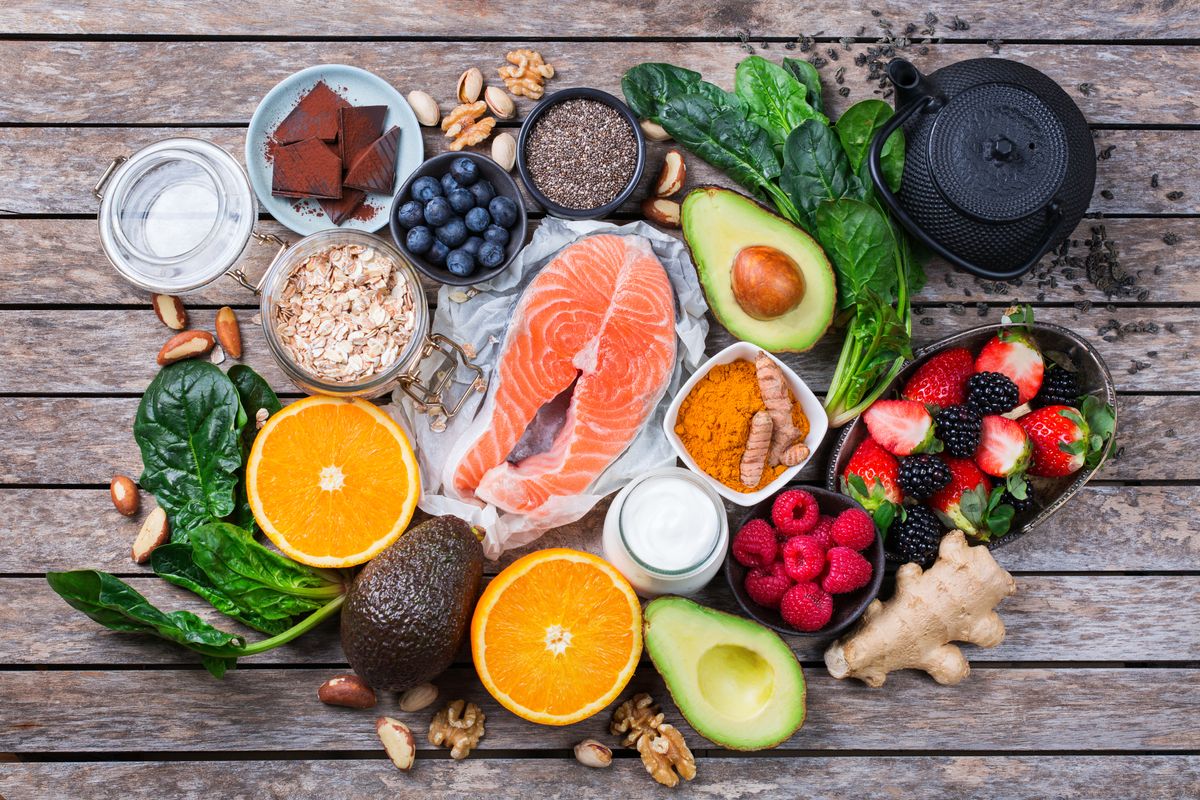The Standard American Diet, which is high in processed foods, added sugars, and saturated fats, contributes to many health problems in the United States. However, we can draw inspiration from other parts of the world for healthier eating habits. The Blue Zones are five regions where the highest concentration of centenarians exists, and we can learn a lot from the dietary habits of the world's longest-living people.
These regions, including Sardinia in Italy, Okinawa in Japan, Ikaria in Greece, Nicoya in Costa Rica, and Loma Linda in California, share similar eating habits. They consume mostly plant-based diets, incorporate plenty of whole grains, eat multiple servings of fruits and vegetables daily, and limit their intake of processed foods and added sugars.
Incorporating these nutrition patterns in our daily lives can be beneficial for our health. Here are some of the foods that the longest-living people in the world consume regularly. Check out our article on "5 Breakfast Habits To Live Like the World's Oldest People" for more healthy eating tips.
1) Whole Grains
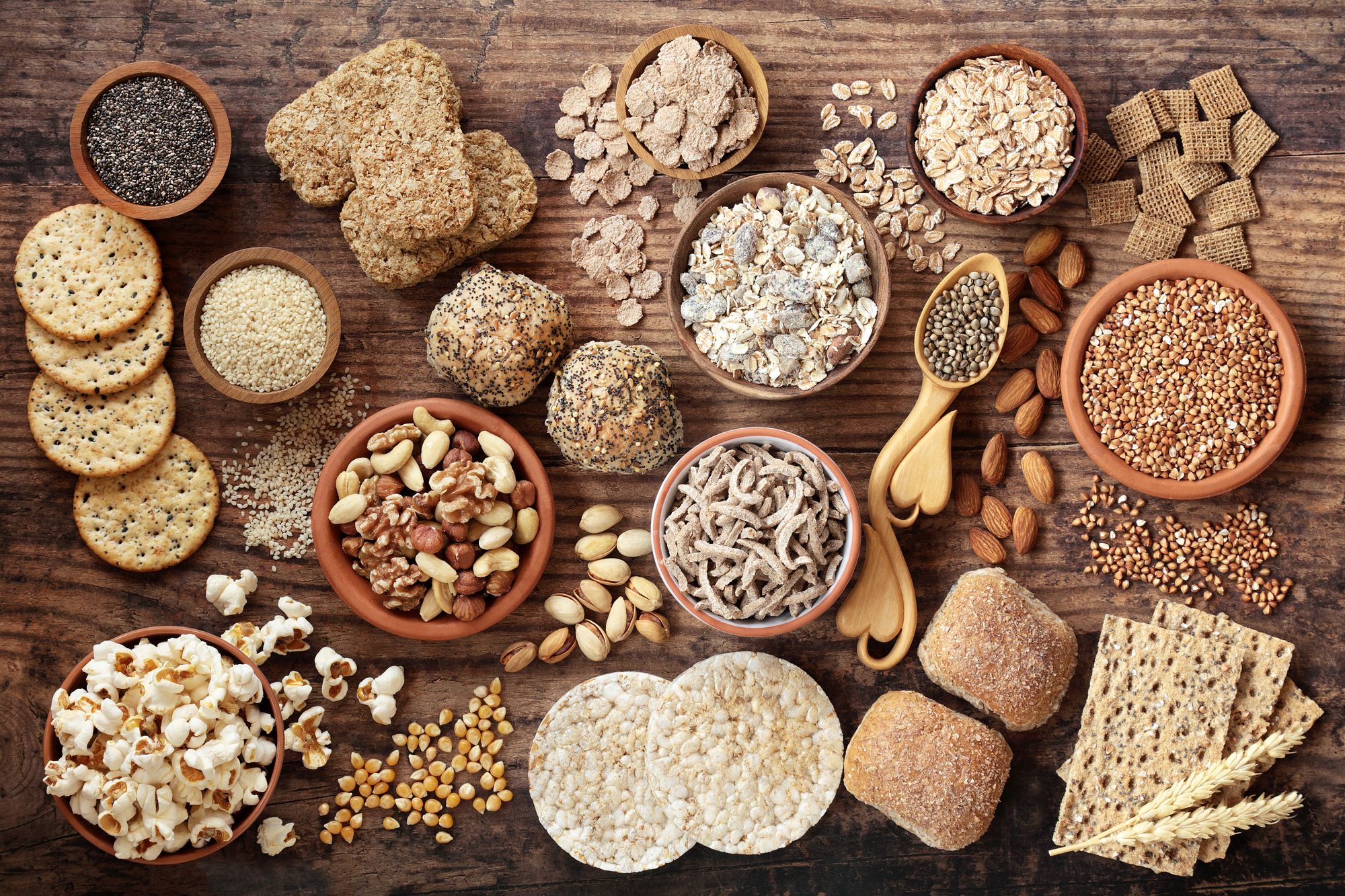
The American Journal of Lifestyle Medicine reports that whole grains are a staple in many of the Blue Zone regions, with Sardinia and Ikaria being the most notable consumers. These whole grains include oats, quinoa, brown rice, farro, and whole grain bread.
While many Americans have been conditioned to view carbohydrates as unhealthy, incorporating whole grains into our diet can have significant health benefits. Unlike refined grains, whole grains are fully intact, and research suggests that they can help manage blood sugar levels, reduce cholesterol, and decrease the risk of cardiovascular disease and type 2 diabetes.
2) Avocados
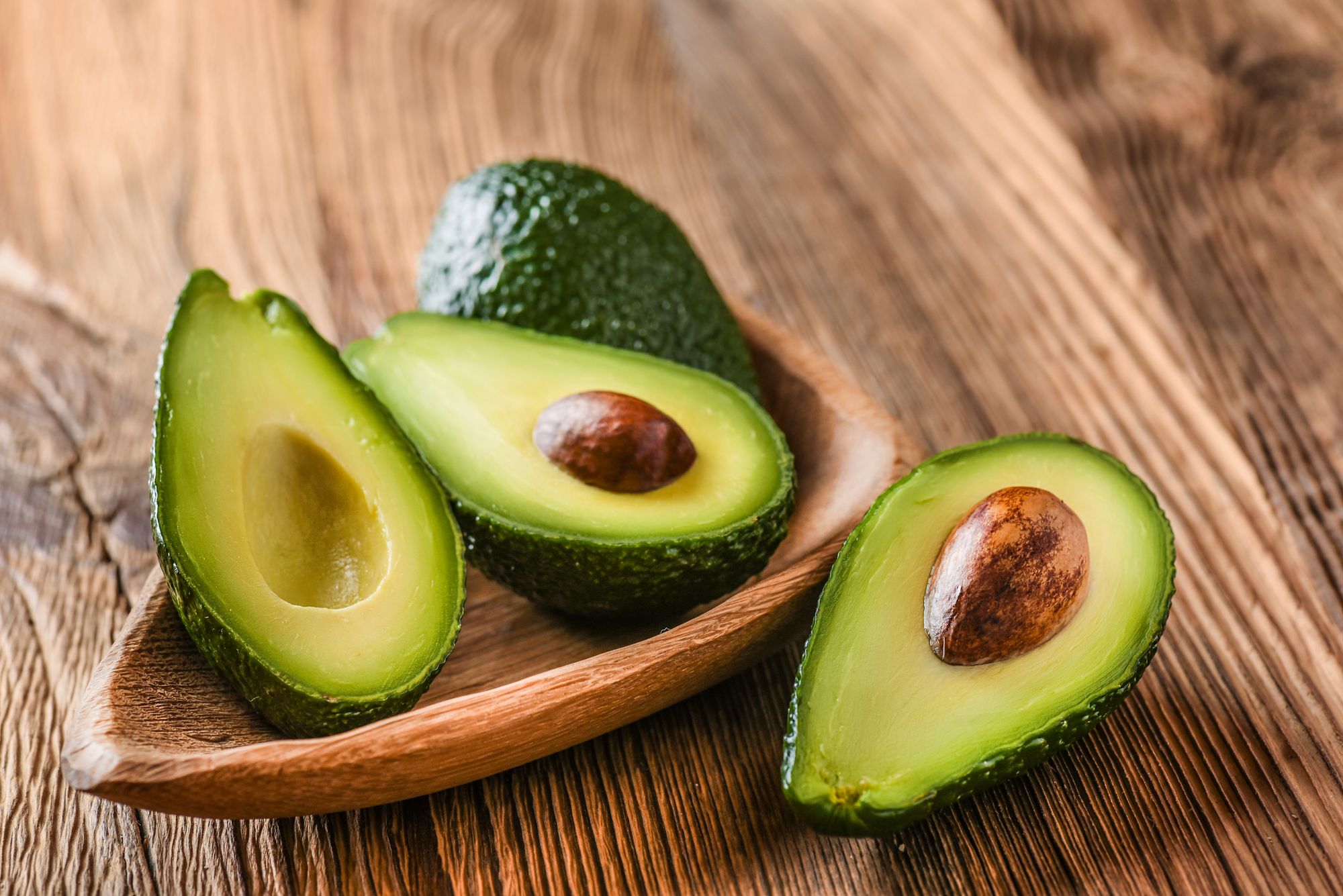
Loma Linda, a Blue Zone region located in California, is a unique community comprised mostly of Seventh-Day Adventists who practice regular religious activities and engage in weekly quiet contemplation. Additionally, they follow a primarily vegetarian diet rich in healthy foods. According to NPR, avocados are a dietary staple for the people of Loma Linda and contribute to their overall good health.
Avocados offer many health benefits, including weight management and a decreased risk of obesity and type 2 diabetes. Research also suggests that avocados' high levels of healthy fats may help reduce the risk of cardiovascular disease.
3) Beans
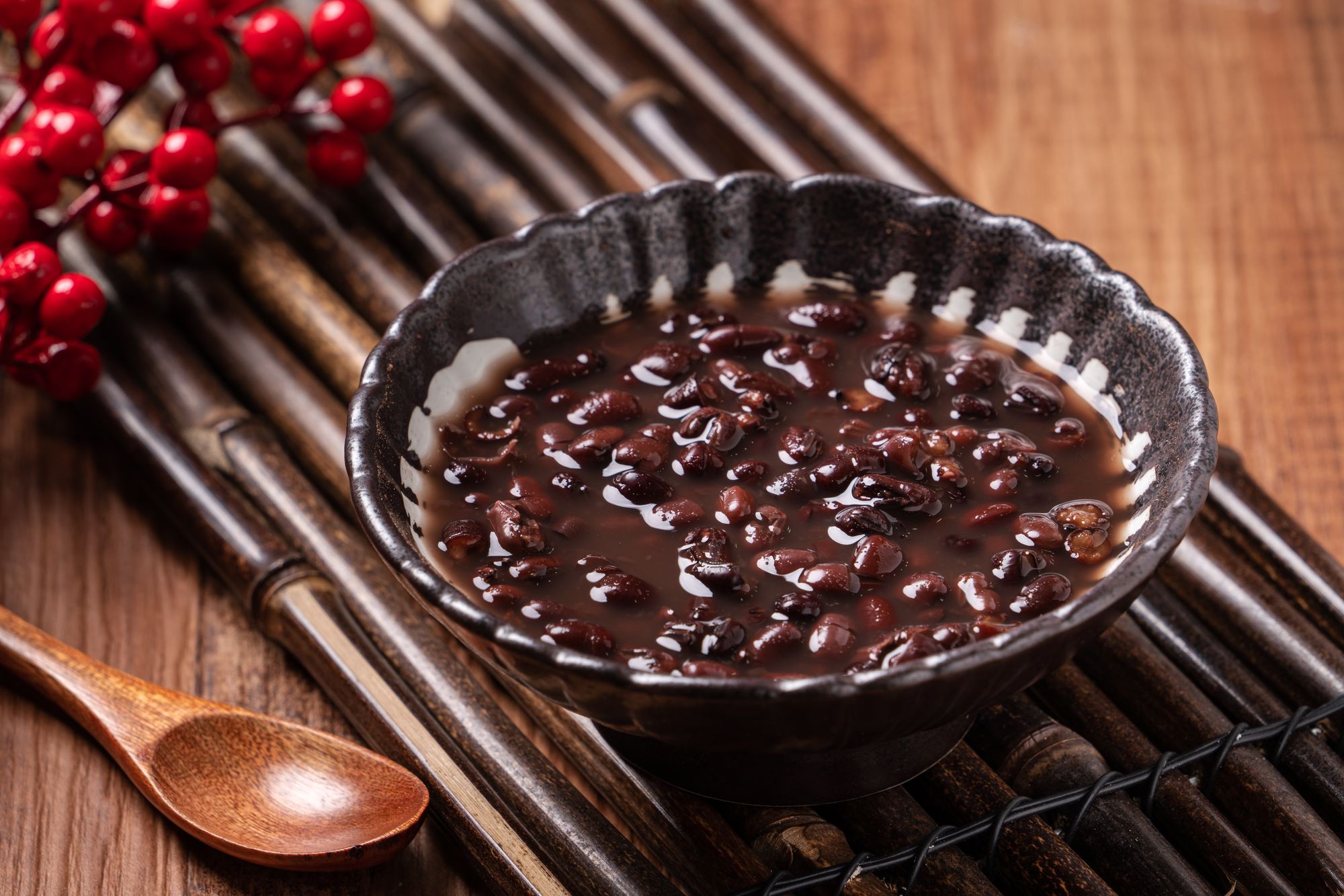
Beans are a key component of the diets in most Blue Zones and provide essential fiber and nutrients that combat diseases. For instance, in Ikaria, Greece, black-eyed peas are a staple in daily diets and have been found to have anti-cancer, heart-healthy, and anti-diabetic properties.
The Nicoya community in Costa Rica consumes black beans every day, often pairing them with rice and corn tortillas. Black beans are high in antioxidants and fiber, and research suggests they can help manage diabetes, prevent cancer, and reduce the risk of heart disease.
4) Garlic
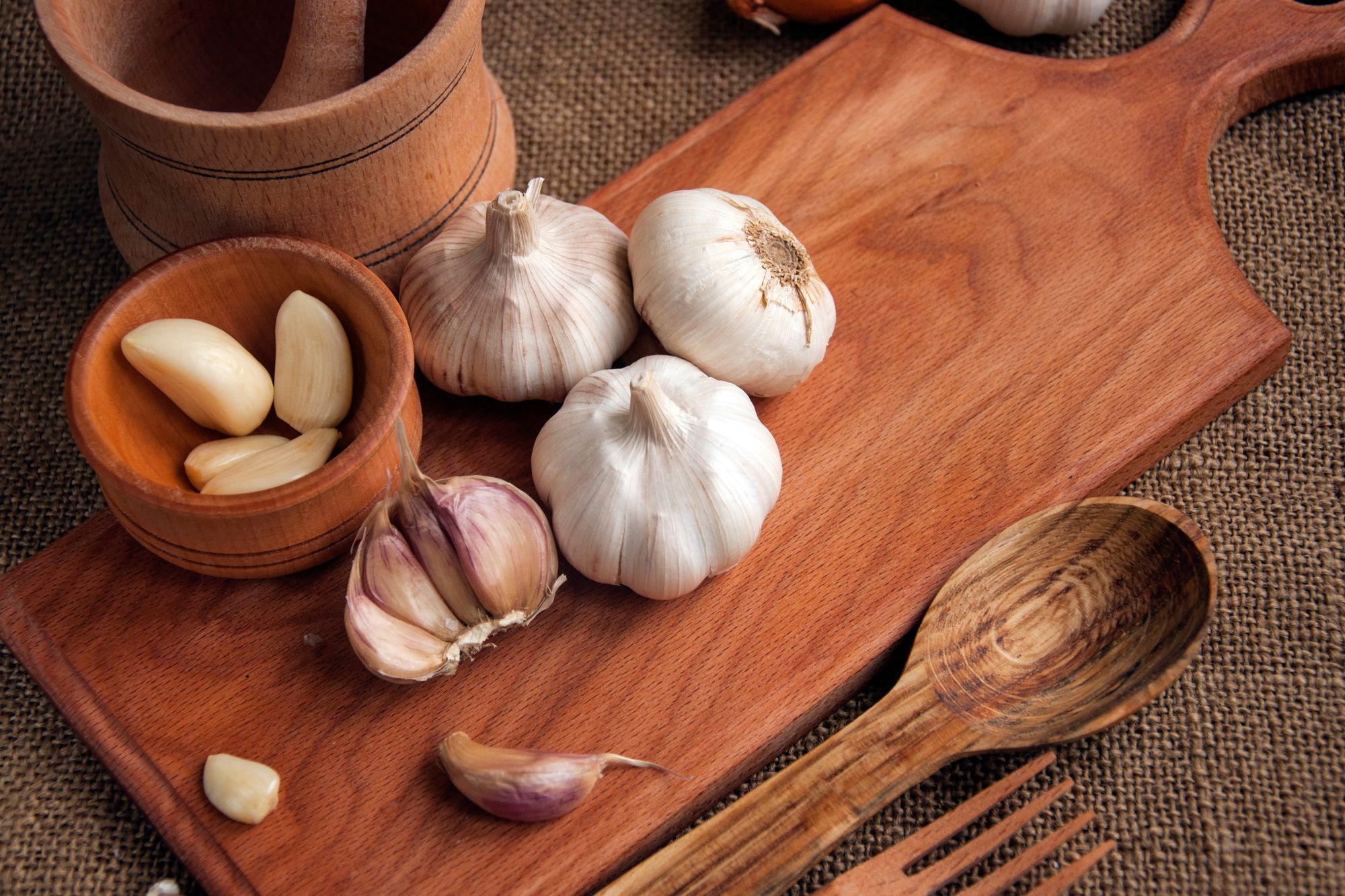
Garlic is a dietary staple in Ikaria, Greece, and has been used for its medicinal properties for centuries in various cultures. Research has shown that garlic may have benefits beyond treating the common cold or flu, such as antioxidant and anti-inflammatory properties that may help prevent certain diseases like cancer, diabetes, and cardiovascular diseases, according to a report from Antioxidants.
5) Potatoes
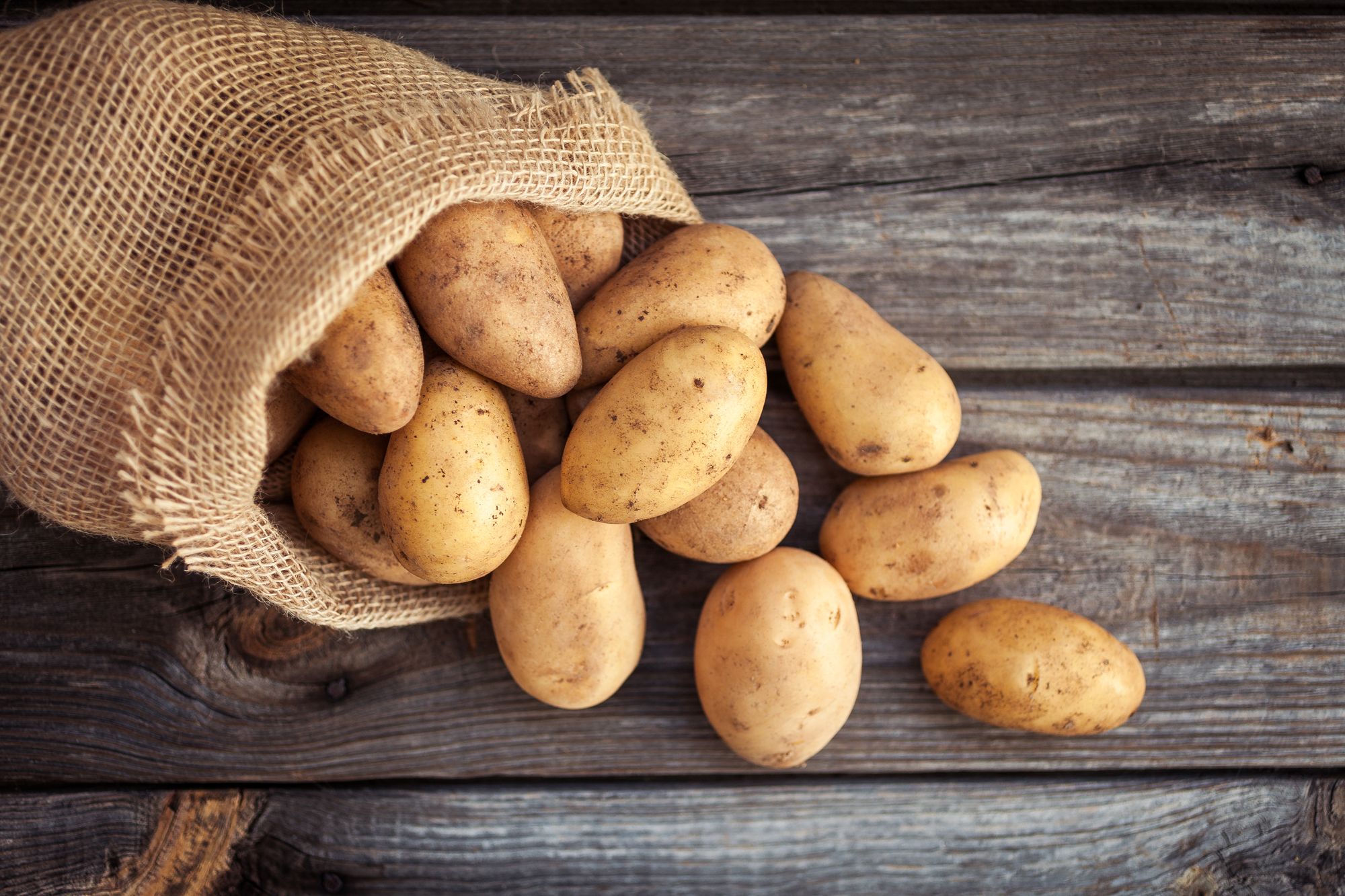
Ikaria, Greece, and Okinawa, Japan both have their staple potatoes, white potatoes and purple sweet potatoes (imo), respectively. Despite some misconceptions about white potatoes, they contain antioxidants that have been shown to have cancer-fighting properties. Additionally, research suggests that white potatoes can help regulate blood sugar levels, although it is important to consult with a doctor first.
Purple sweet potatoes, on the other hand, are a good source of anthocyanins, a phytochemical that is known to prevent disease. They are also rich in vitamin A, B6, C, potassium, and fiber, making them a nutritious food choice.
6) Olive Oil
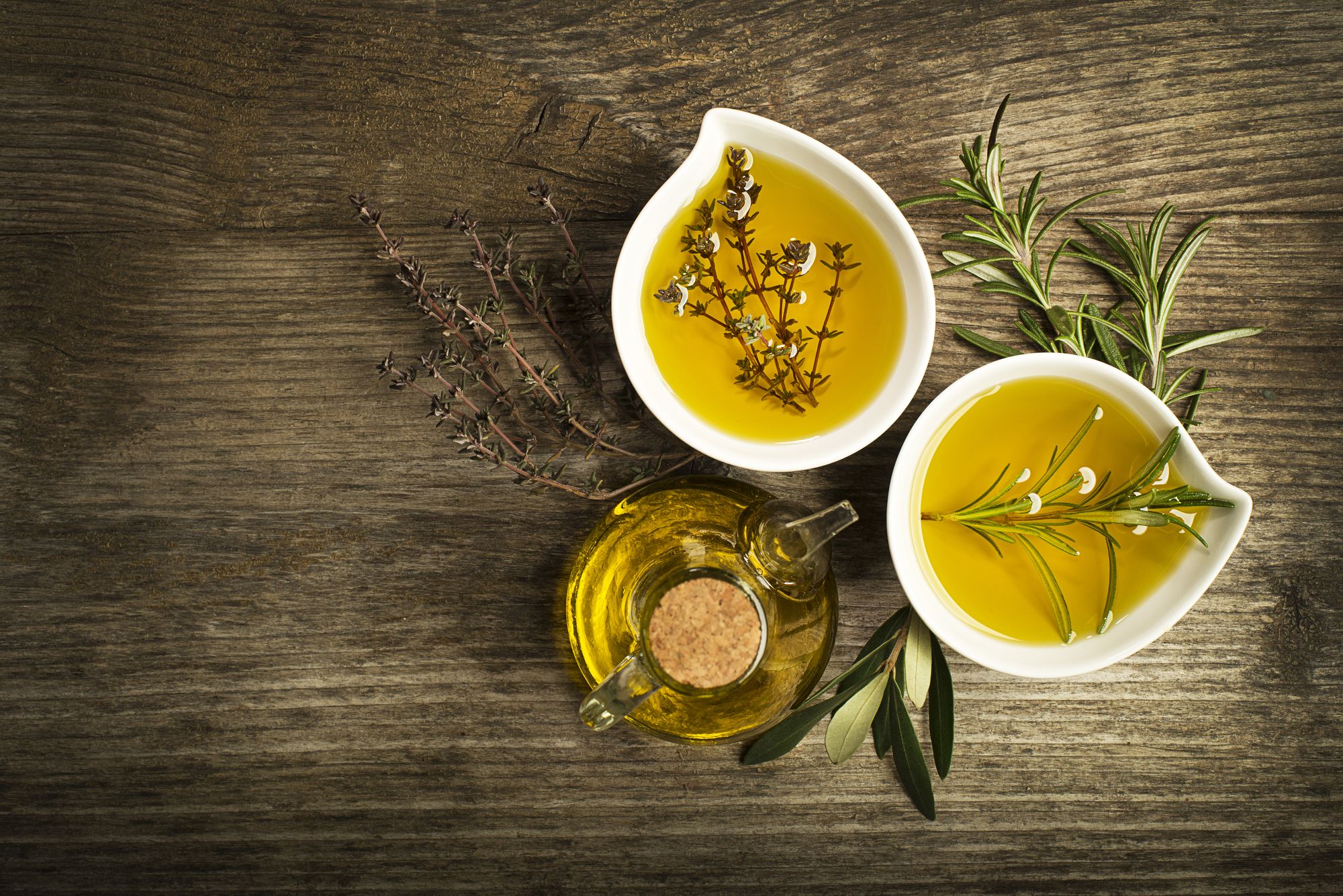
The people of Ikaria, Greece regularly consume olive oil as part of their diet. A report published in Nutrients shows that extra virgin olive oil (EVOO) has numerous health benefits, which is why people in the Mediterranean, where EVOO is commonly used, are among the healthiest in the world. EVOO has been found to aid weight management, lower blood pressure, reduce the risk of certain cancers, and improve overall health due to its anti-inflammatory properties.
7) Fish
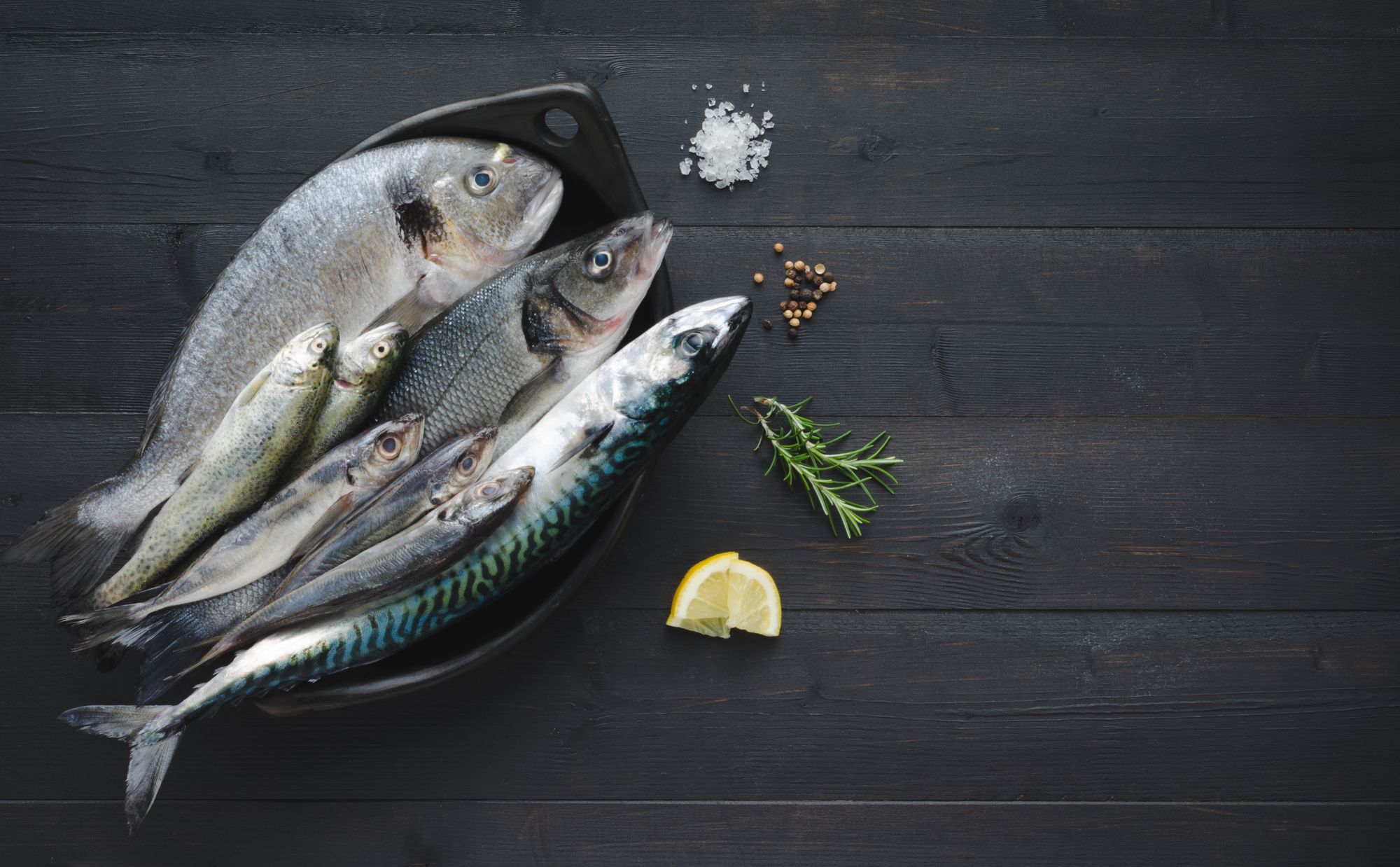
The Adventists in Loma Linda consume fish regularly, even those who follow a mostly plant-based diet. According to the Adventist Health Study 2, pescatarians (those who eat a mostly vegetarian diet with a small amount of fish) had the longest lifespan and were the healthiest on average.
In many of the Blue Zone regions, small fish species like cod, anchovies, and sardines are consumed. These fish are considered "middle-of-the-food-chain" and contain very little mercury, according to the Blue Zones website.
8) Sourdough Bread
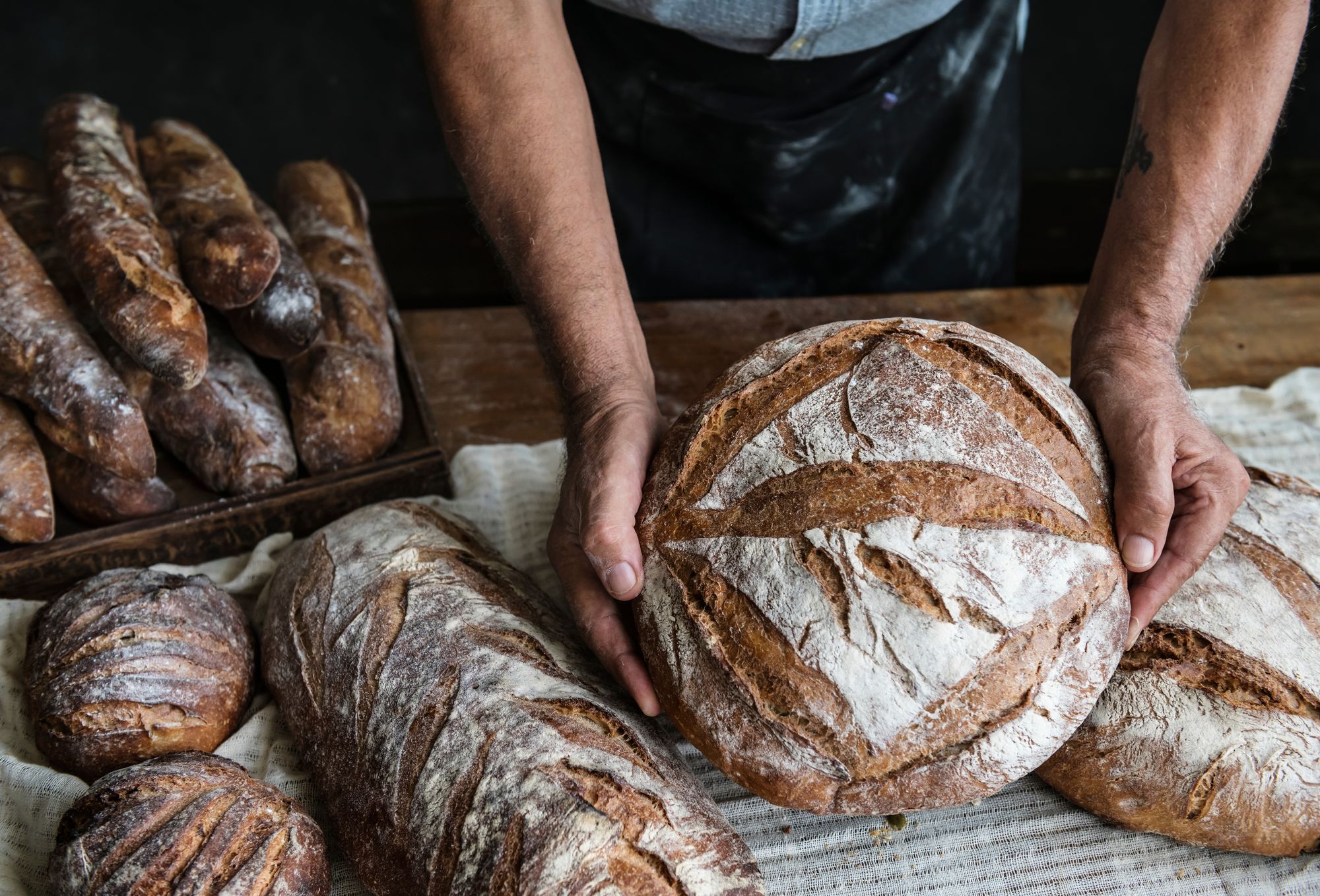
Sardinia, Italy, is recognized as one of the Blue Zone regions, and its inhabitants regularly consume goat's milk, flatbread, chickpeas, and sourdough bread. Dan Buettner, the founder of the Blue Zones Project, shares a recipe for Ikarian sourdough bread on his website, stating that this bread can help eliminate gluten, make digestion easier by breaking down simple sugars, and contribute to a healthier experience. In fact, research indicates that sourdough can assist in healthy digestion, modify the gut microbiome, and reduce the glycemic load.
9) Tomatoes
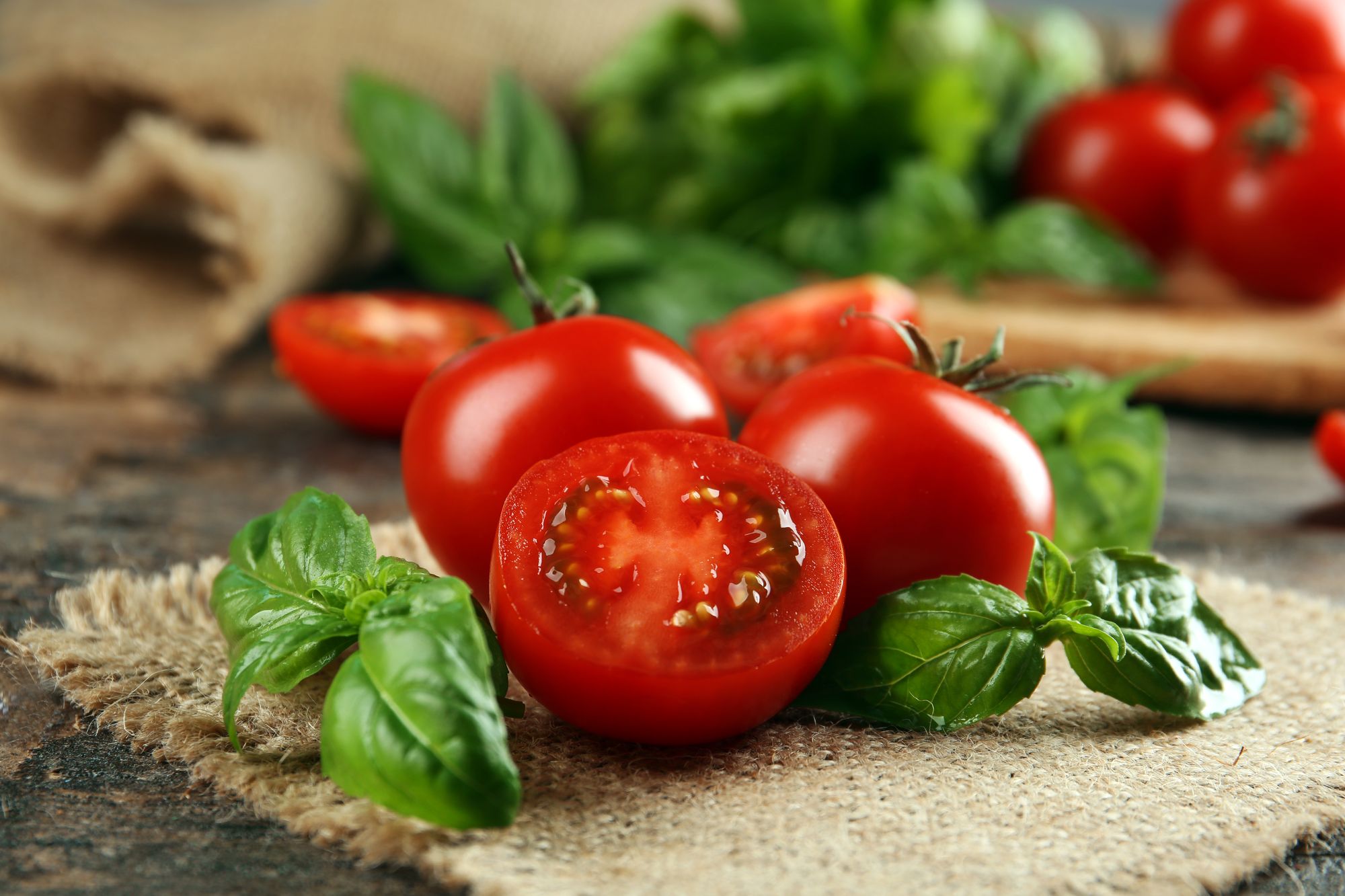
Tomatoes are a beloved ingredient in Sardinia, Italy, and are commonly used in their traditional dishes. These fruits are rich in lycopene, an antioxidant known for its anti-inflammatory properties and ability to lower blood pressure. Studies also suggest that lycopene can reduce the risk of metabolic syndrome, stroke, and improve heart health.
Cherry tomatoes, in particular, have high levels of beta-carotene, which is associated with reducing the risk of tumor development related to prostate cancer.
10) Wine

It may sound too good to be true, but daily glasses of red wine are actually part of the healthy diet of many Blue Zone regions. According to the Blue Zones website, people in these regions typically consume around two glasses a day, with Sardinians favoring a specific red wine called Cannonau.
Research studies have suggested that wine consumption may be associated with longevity, with some studies concluding that red wine can benefit heart health due to its antioxidants and polyphenols. However, as with any alcohol, moderation is key and it's important to consult with a doctor before making any changes to your drinking habits. It's also worth noting that if you don't drink or only drink occasionally, there are plenty of other ways to adopt the health habits of the world's longest-living people.
This article was previously published on June 1, 2022, and has been updated to include additional information, proofreading revisions, and updated contextual links.

